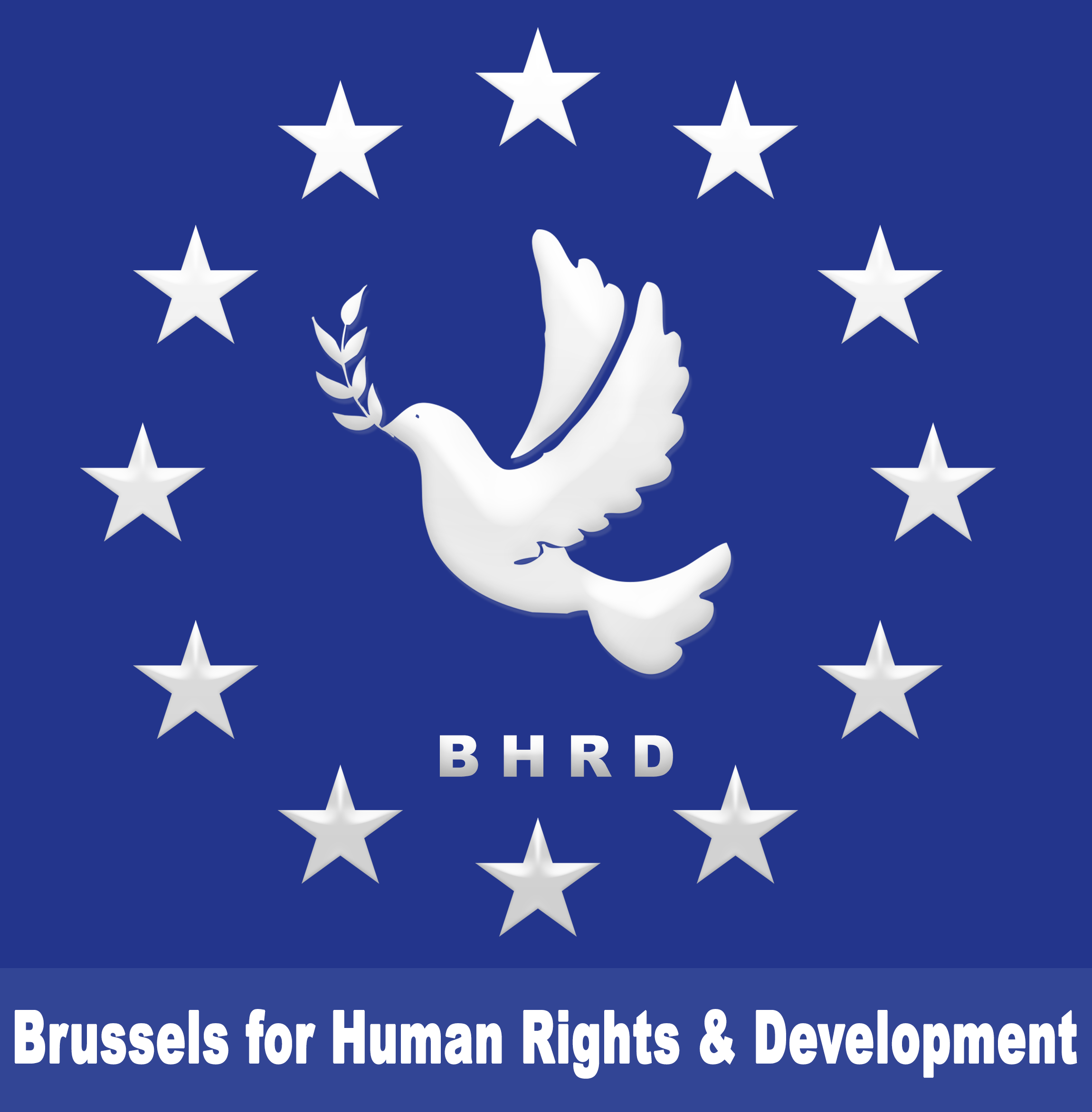
The UN Children’s Fund (UNICEF) has raised alarm over the worsening humanitarian crisis in eastern Democratic Republic of the Congo (DRC), where ongoing attacks by M23 rebels have led to mass displacement, grave human rights violations, and a dire situation for children and families.
Worsening Violence and Human Rights Abuses
Speaking on Thursday, UNICEF Executive Director Catherine Russell described the escalating violence as unprecedented in recent years.
- Hundreds of civilians have been killed, with tens of thousands forced to flee as rebels seize control of towns and villages.
- In North and South Kivu provinces, reports of rape and sexual violence against children have skyrocketed.
- The crisis has spread beyond the Kivus: In Ituri province, at least 28 children were among 52 people killed in a brutal attack in Djugu territory, where attackers used machetes, guns, and fire to target families.
Five-Fold Increase in Sexual Violence
UNICEF has reported a dramatic rise in rape cases, particularly after the M23 group, backed by Rwanda, captured the regional capital Goma in late January.
- Between January 27 and February 2, rape cases treated at 42 UNICEF-supported health centers surged five-fold.
- 30% of victims were children, highlighting the horrifying scale of sexual violence.
- Actual figures are likely much higher, as many survivors fear coming forward.
- Medical partners are running out of essential drugs, including those used to prevent HIV infection after sexual assault.
Child Recruitment by Armed Groups
Even before this latest escalation, child recruitment into armed groups was a major concern. A UN report from 2024 documented at least 4,006 cases of children recruited or used by armed groups.
- Reports now suggest recruitment is accelerating, with some children as young as 12 being coerced into combat.
- With calls for the mobilization of young fighters, there are growing fears that more children will be drawn into the conflict.
- UNICEF has identified 1,100 unaccompanied children in North and South Kivu within just two weeks, as families are torn apart by violence.
Crisis for Pregnant Women and Mothers
The UN Population Fund (UNFPA) warned that pregnant women are among the most vulnerable, many having been displaced multiple times.
- Some are giving birth while fleeing bombardments, with little to no medical care.
- Only a third of hospitals remain functional, and one in five health centers have been forced to close.
- 220,000 pregnant women in North and South Kivu face severe risks, with 12,000 currently displaced and without access to healthcare.
- 88,000 women and girls are at risk of gender-based violence, while unintended pregnancies are expected to rise due to the collapse of health services.
Emergency Health Response Under Strain
Despite the severe challenges, UNFPA is operating eight mobile health clinics staffed by 27 midwives, providing:
- Prenatal care and safe deliveries
- Family planning services
- Critical maternal health support for over 8,000 women
However, the scale of need is outpacing available resources, with thousands of women facing childbirth under bombardment, unsure if they or their babies will survive the night.
A Call for Immediate Action
UNICEF and UNFPA have called on all parties to:
- Cease attacks on civilians and stop grave violations against children.
- Ensure the protection of hospitals, clinics, and civilian infrastructure.
- Provide urgent humanitarian aid to the millions affected by violence.
The crisis in eastern DRC is spiraling out of control, and without immediate action, more children, women, and families will suffer devastating consequences.
For continued updates on this humanitarian emergency, follow our platform as we track developments and international response efforts.
for the infographic visit this link


 العربية
العربية